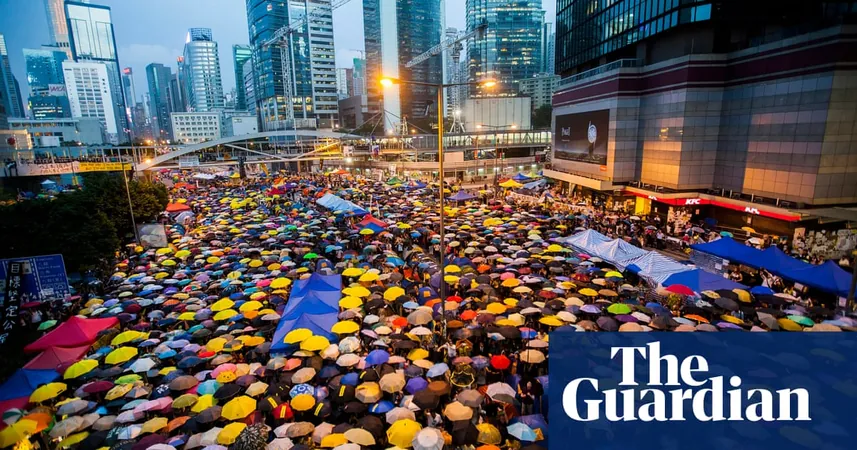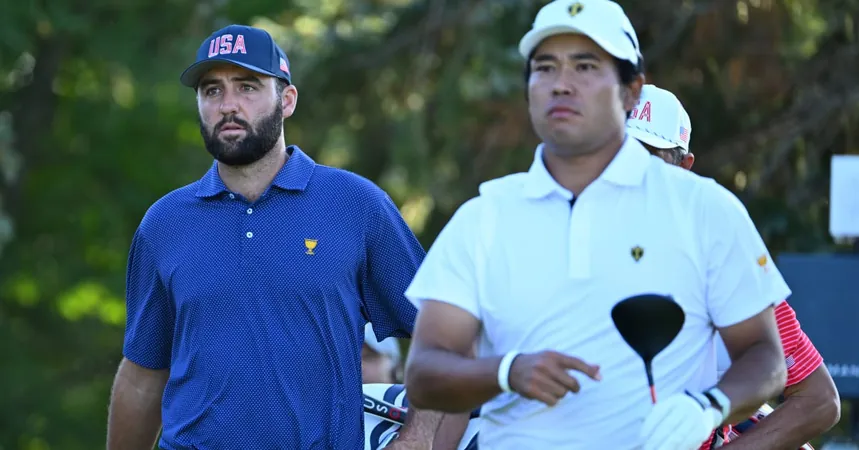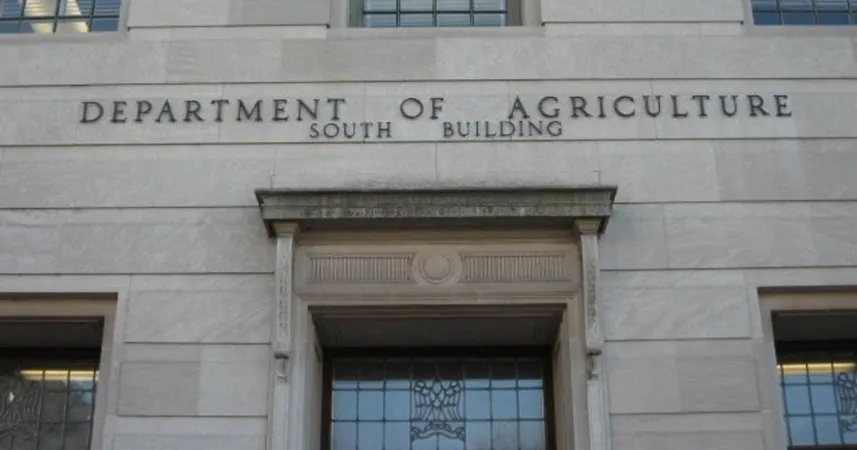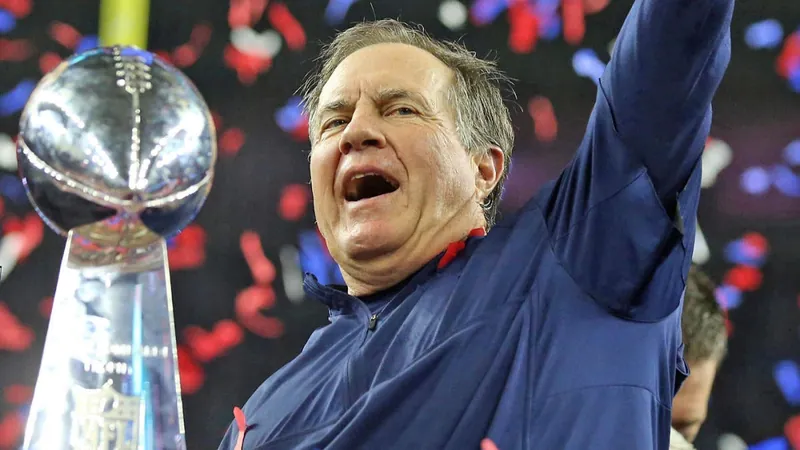
A Decade After the Umbrella Protests: Hongkongers Reflect on a Lost Dream of Democracy
2024-09-28
The Umbrella Protests and Their Aftermath
As the anniversary of the Umbrella protests approaches, memories flood back for many Hongkongers. Ten years ago, the streets of Hong Kong's Central district were alive with the fervent cries of citizens rallying against the Chinese government's decision to renege on its promise of a fully democratic vote. The movement, which became known as Occupy Central, not only paralyzed the city's financial hub but also ignited a spirit of activism among a generation of young people.
Today, however, the skyline of Hong Kong stands in stark contrast. The city, which once pulsated with dissent, now sees its streets largely quiet. Activism has faced severe repression, with many leaders of the Umbrella movement either exiled, imprisoned, or silenced.
Personal Reflections on the Protests
Reflecting on that historic first day of Occupy, a participant identified as Wendy shared her thoughts. At just 25 years old, she was filled with hope for Hong Kong's future. She believed in the Basic Law's promise of universal suffrage, especially following the territory's handover from British to Chinese control. But when Hong Kong's government announced that voters would only choose among a few candidates pre-approved by a pro-Beijing committee, Wendy felt betrayed and compelled to take to the streets.
“After the government's announcement, I felt it was time to act. They were breaking their promise,” she recalled. The groundwork for the protests had already begun, initiated by a trio of activists known as the Occupy Trio—Benny Tai, Chan Kin-man, and reverend Chu Yiu-ming—who had organized training sessions in nonviolent resistance for months. However, the impulsive nature of the subsequent protests led to an eruption of support, amplifying the number of protesters well into the thousands.
The Turning Point
On September 28, the atmosphere was hopeful until police unleashed tear gas on the crowds, abruptly transforming a peaceful demonstration into chaos. Wendy described the terror of that moment: “When I smelled the teargas, I could hardly believe it. I wondered why we were being treated this way.”
Rounding out her harrowing memories was veteran pro-democracy advocate Emily Lau, who, on that historic day, had approached police to discuss logistics for the protesters but found herself arrested instead. Upon her release, Lau was stunned by the sheer volume of those occupying Connaught Road. “The whole world had changed,” she noted.
A Movement Grows
The initial police aggression sparked an unexpected influx of protesters, leading to the establishment of a massive tent city in Admiralty and smaller camps in Mong Kok and Causeway Bay. Volunteers mobilized to provide food, sanitation, and assistance, while protesters passionately demanded an end to the government's proposals and called for the resignation of Chief Executive CY Leung.
Among the throngs of protesters was Tony, who joined the movement during his lunch breaks. He described the atmosphere as “astonishing,” revealing a vibrant, invigorated sense of community and purpose that resonated deeply in the heart of the city.
The Movement's Decline
However, as days turned into weeks, tensions mounted. Public support began to wane as divisions formed within the movement, leading to confrontations with police. The movement's resolution came on December 15, after 79 days of occupation, concluding without achieving its initial goals while leaving behind a legacy of hope and resilience.
A Legacy and a New Fight
Despite their lack of tangible success, the protests inspired a significant political awakening, particularly among the youth. New political parties emerged, and the lessons gained from the Umbrella movement would later be echoed in the massive pro-democracy protests of June 2019, which once again showcased the determination of Hongkongers.
Yet, the atmosphere had shifted significantly by 2019. Thomas, a Hong Kong writer now living in London, characterized these later protests as differing from the hope of 2014. He remarked that their tone felt more like “the last cry of an animal that was dying,” and indeed, Beijing’s crackdown during this period was more vigorous than ever, leading many to despair.
Echoing this sentiment, Willy Lam, a senior fellow at the Jamestown Foundation, noted the profound changes in Hong Kong's political landscape since 2014.
Reflections on the Future
Wendy, reflecting now on her naïve optimism of 2014, stated, “I thought those struggles were hard, but looking back, they were simple compared to what we face now.”
Tony, who has since built a new life as a lawyer in the UK, emphasized the lasting impact the Umbrella protests had on individual identities and collective aspirations. “For those of us in the diaspora, we remain committed to advocating for Hong Kong,” he affirmed.
As the impact of the Umbrella protests continues to resonate, the fight for democracy and human rights remains a crucial legacy for the people of Hong Kong, who hope that the world does not forget their struggle. The road ahead may be challenging, but the spirit of 2014 lives on, ready to inspire future generations.




 Brasil (PT)
Brasil (PT)
 Canada (EN)
Canada (EN)
 Chile (ES)
Chile (ES)
 España (ES)
España (ES)
 France (FR)
France (FR)
 Hong Kong (EN)
Hong Kong (EN)
 Italia (IT)
Italia (IT)
 日本 (JA)
日本 (JA)
 Magyarország (HU)
Magyarország (HU)
 Norge (NO)
Norge (NO)
 Polska (PL)
Polska (PL)
 Schweiz (DE)
Schweiz (DE)
 Singapore (EN)
Singapore (EN)
 Sverige (SV)
Sverige (SV)
 Suomi (FI)
Suomi (FI)
 Türkiye (TR)
Türkiye (TR)